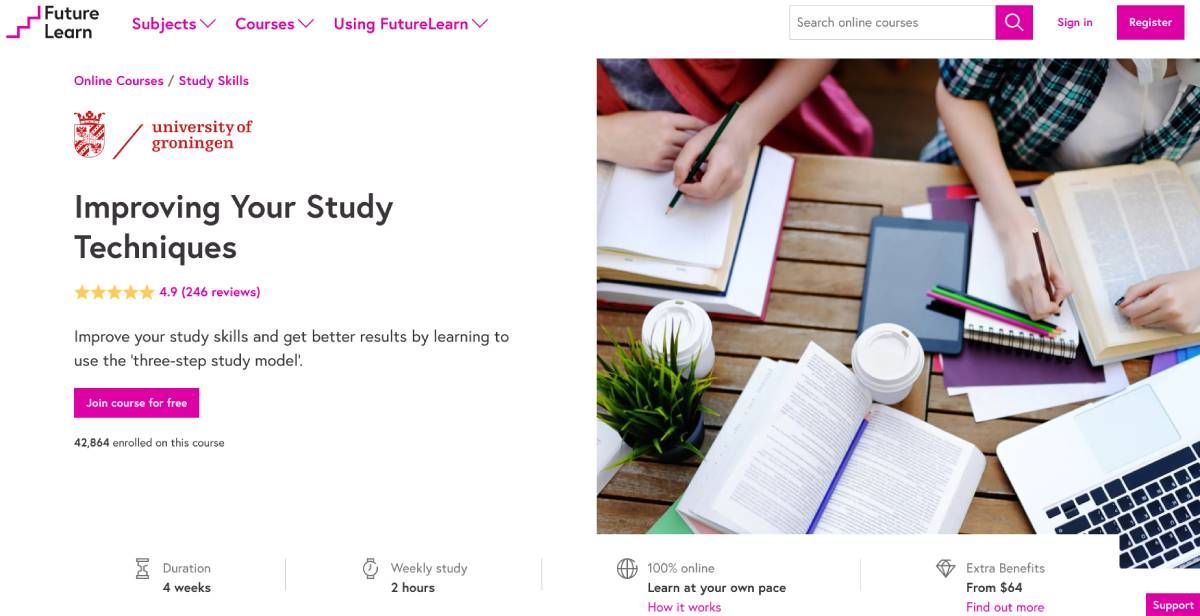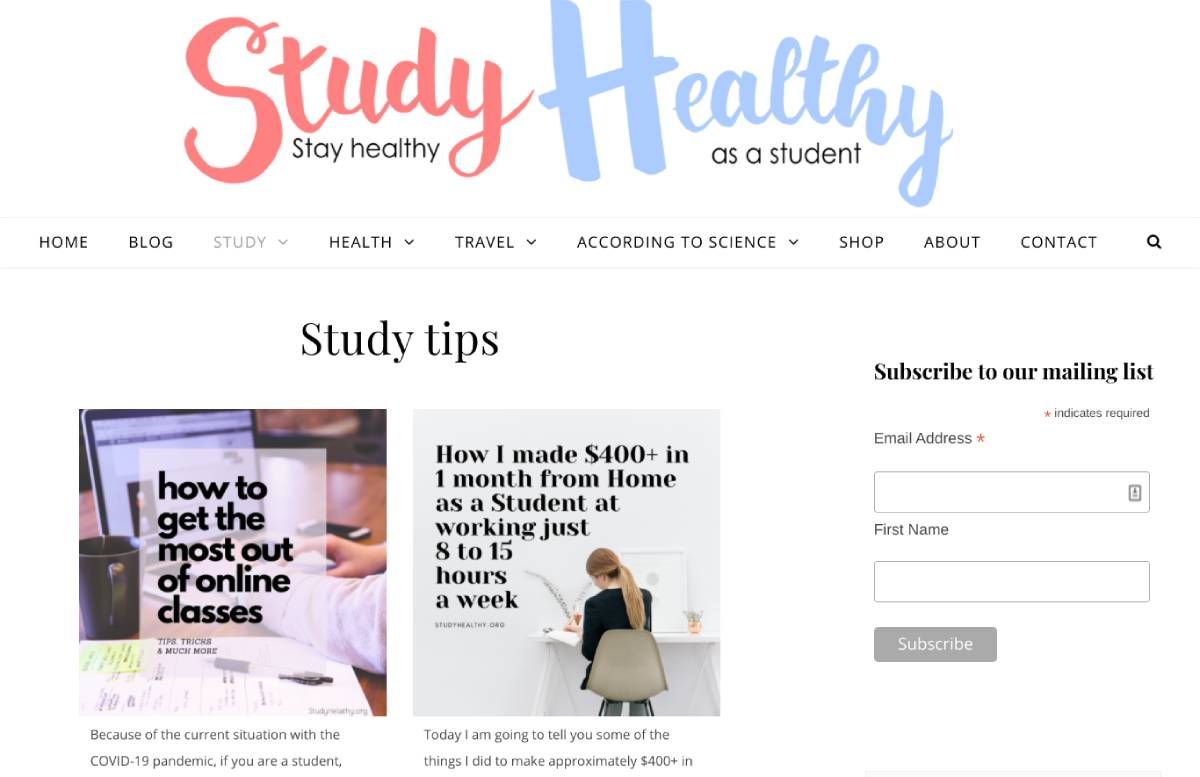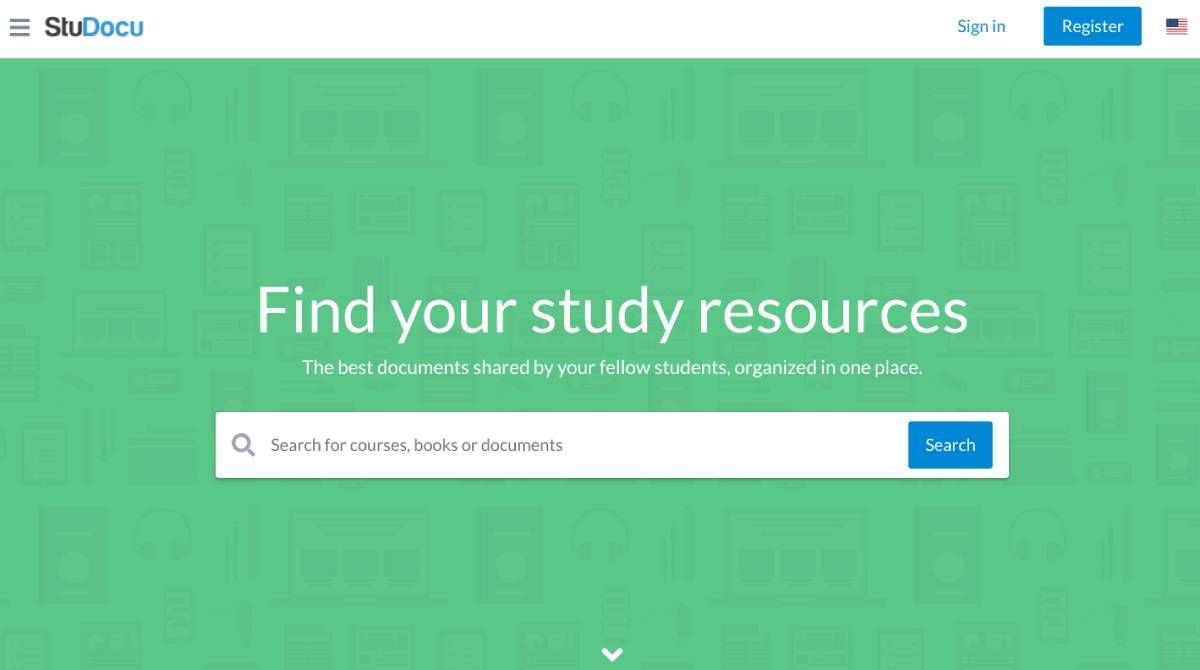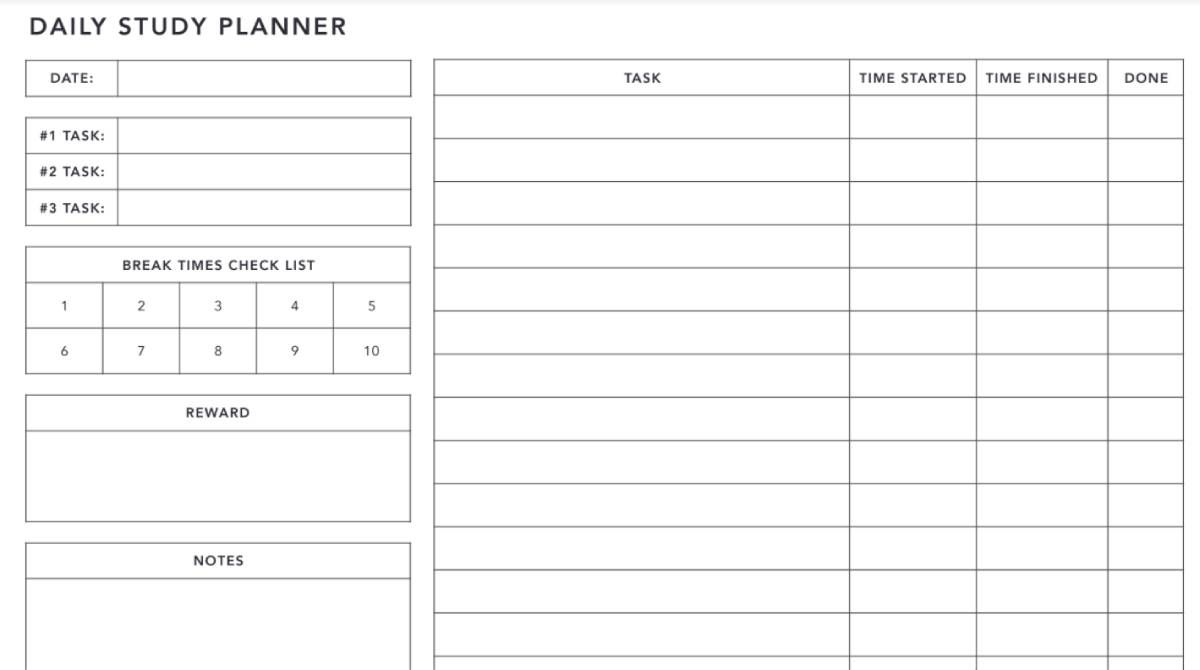5 Student Sites to Learn the Best Study Techniques and Methods
Posted by admin on
You know you have to study, but are you sure you know how to study? These sites teach you the best methods to learn any subject and plan for studying your curriculum.
School and college life isn't easy. So any help is welcome when it comes to making it easier to study. While the internet is filled with ways to make flashcards online and other such apps, it's essential to get the basics of studies right. If you learn the best techniques to study better, you'll ace your academics.
1. Ali Abdaal (Web): How to Use Spaced Repetition and Other Studying Tips
You'll often hear about the benefits of the Spaced Repetition System (SRS) for learning complex subjects and retaining them in your memory. But if you have no clue how it is or how to use it, YouTuber and blogger Ali Abdaal has shared a beginner's guide to spaced repetition for studying.
Start with the video above, which takes you through the scientific benefits of SRS, how to structure it, and how to incorporate it in your studies with Ali's "Magical Spreadsheet" tool. It's essentially just a basic spreadsheet with color-coding, but it's so simple and efficient that you will want to start using it right away.
Abdaal has a series of videos on studying better and has tutored several students too. Check his blog for free guides on methods like active recall, essay memorization framework, retrospective revision timetables, and the STIC method. The YouTube channel has several insightful videos, and he offers a paid Skillshare course on studying for exams.
2. Improving Your Study Techniques (Web): Free Course to Learn How to Study Better

There are a few fundamental techniques to learning that, for some reason, aren't taught in most schools. If you don't know how to learn, how will you study effectively? FutureLearn and the University of Groningen teamed up to launch a free online course on how to study better.
The crux of the course is the three-step study model, i.e., previewing, studying, and revising. The idea is to prepare and review whatever you are learning, which trains your brain to understand and memorize it. You'll learn key techniques like identifying important parts of a text, developing a summary, and designing a study plan.
The full course is four weeks long and takes only two hours per week. You can learn at your own pace, with all materials available online for free. Apart from the techniques, it also covers study-related topics like managing stress, reducing procrastination, and increasing motivation.
3. Study Healthy (Web): How to Study According to Science

Lea, a university student herself, has spent time in the European, US, and UK school systems. With such exposure come unique insights on how to study, especially with her passion for learning the science behind studying.
The Study Healthy blog includes tips on how to study and stay motivated to learn more, coming from first-hand experiences and science-backed research. You'll find guides like how to learn a new language, how to get the most out of online classes, a guide to final exams, and so on. You should especially check out her post on how to study according to science.
Some of the posts also include free printables and other usable downloads. It's especially great advice for how to study online productively.
The blog also includes a lot of information about her other passion: health and fitness. Lea uses a similar approach to learn more about how to stay healthy as a student, which she's happy to share in blog posts and guides.
4. StuDocu and Docsity (Web): Free Study Notes, Lecture Materials, and Summaries

Sharing study notes is a tried-and-tested formula to successful learning. StuDocu and Docsity have emerged as two of the best free platforms for students to share study notes, lecture materials, essays and summaries, tests, and other resources.
Both sites primarily have a simple search engine to look for documents shared by other students. You can also search or filter by courses, universities, professors, or classes. It's a great way to learn more by accessing the knowledge base of others. And before you even think of using it to cheat on a test, don't bother; professors use systems like TurnItIn to ensure you can't plagiarize.
Most of the documents can be accessed for free, but there are exceptions. StuDocu makes 20% of its most in-demand docs available for a premium, while 80% of the content is free. Docsity has a give-and-take system, where you earn download points for notes you upload, thus encouraging you to give back to the community.
5. Emma Studies and Centered Student (Web): Free Printable Study Planners

Student life requires organization. You need a study plan that chalks out when and what you will learn, how to assign space for other activities, and break down the complex subjects you need more time for. We've already told you the best study planning apps for this, but if you prefer to go old-school, check out these free printable study planners.
Emma Studies has a fantastic study planner pack, including a daily, weekly, and monthly planner, as well as a worksheet and tracker. Her chapter summary and subject summary printables ensure you aren't missing anything. And the priority breakdown sheet is a must-have to understand where you need help. If you like this, also check out the other printables from Emma Studies.
The Centered Student's Guide to Finals is designed by a professor to help students who are overwhelmed by upcoming exams. Download it as a booklet or individual sheets, and read the instructions on how to fill it. You'll learn how to prioritize items, create a study routine, and learn to make a study-rest-recharge timetable. If you want to use it beyond exams, they also offer an excellent weekly study planner for free.
In Defence of Cramming
This list of websites and tools helps students in planning their work and avoid last-minute cramming. In fact, proponents of methods like spaced repetition often go up against crammers in online forums. There's enough evidence to support that planning leads to better learning, but that doesn't mean cramming is bad altogether.
The educational system sometimes asks too much of students and stretches you thin. Cramming can be a useful method to ace a test. But you're studying to understand, not just memorize. So in case you do cram without fully getting it, don't treat the exam as the endpoint of your education. Nothing says you can't go back to the subject after cramming, and read it at your own pace to truly understand it.
